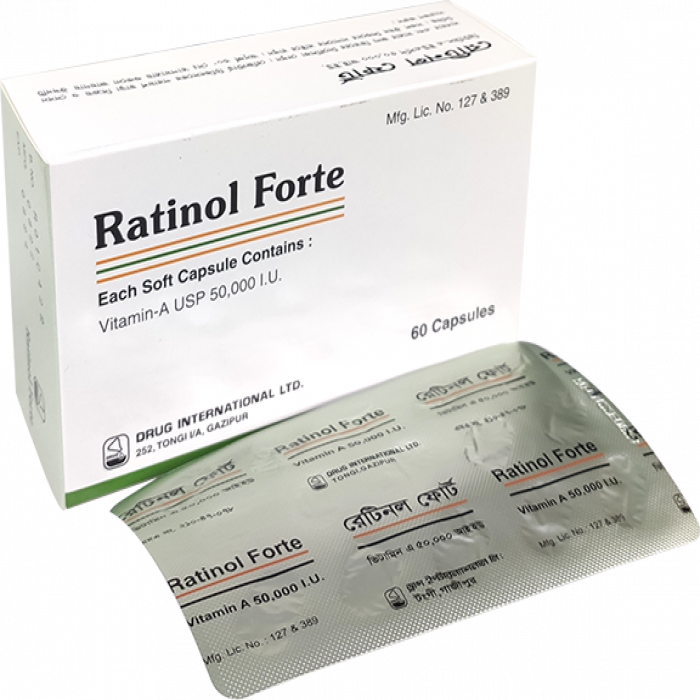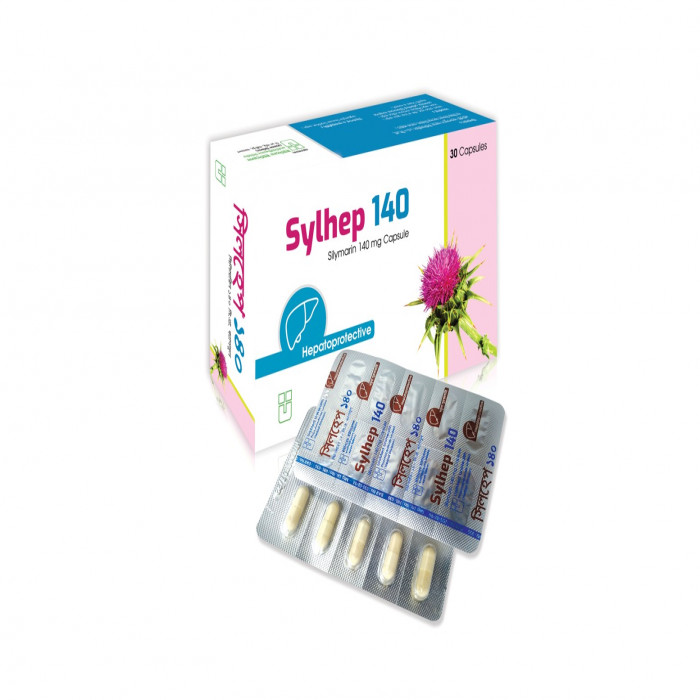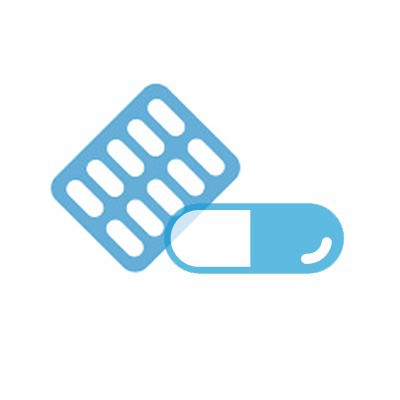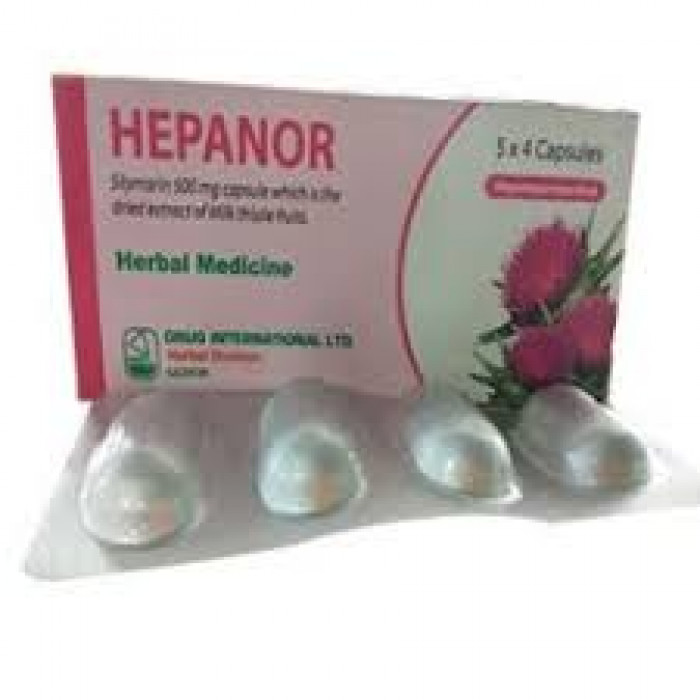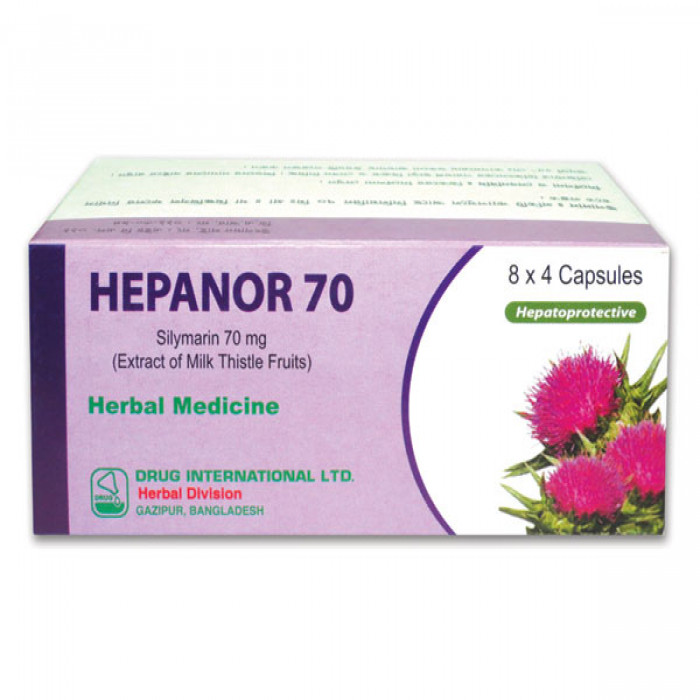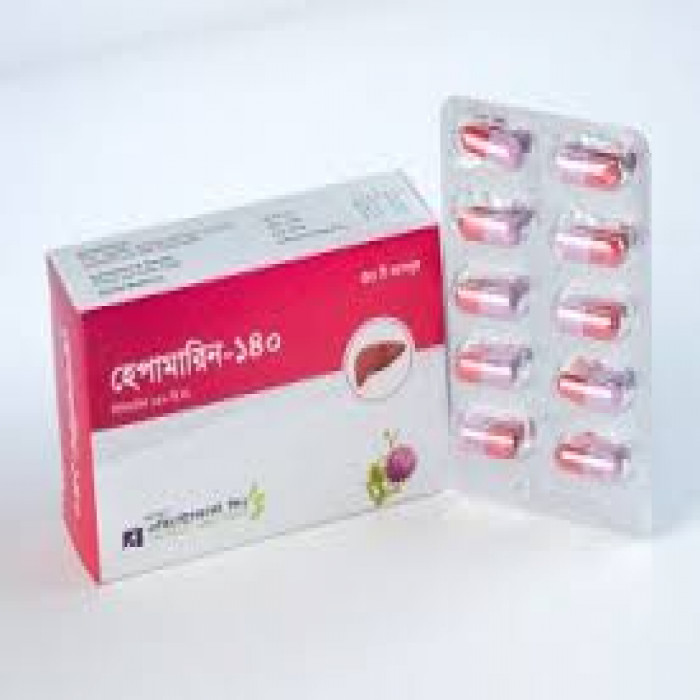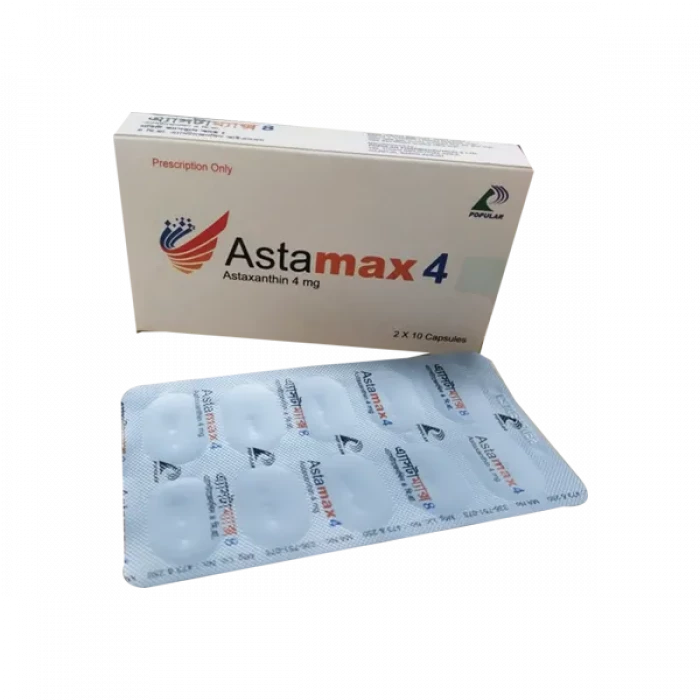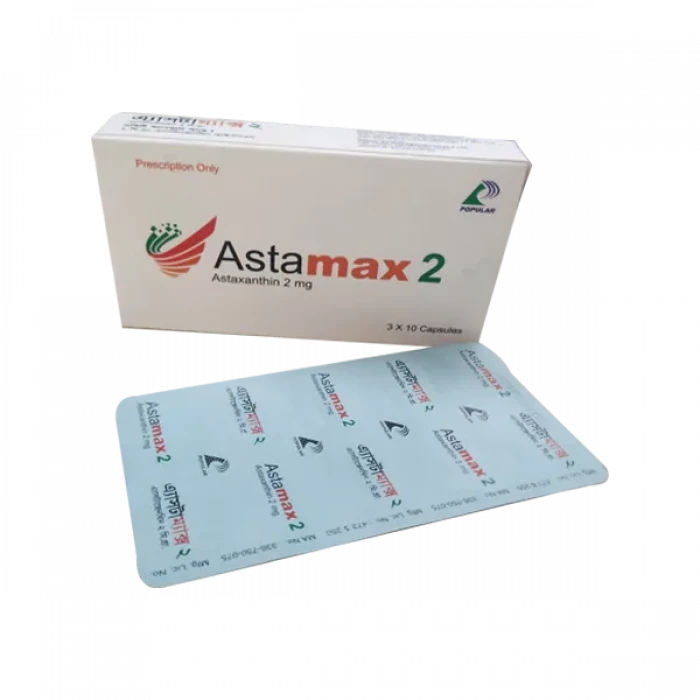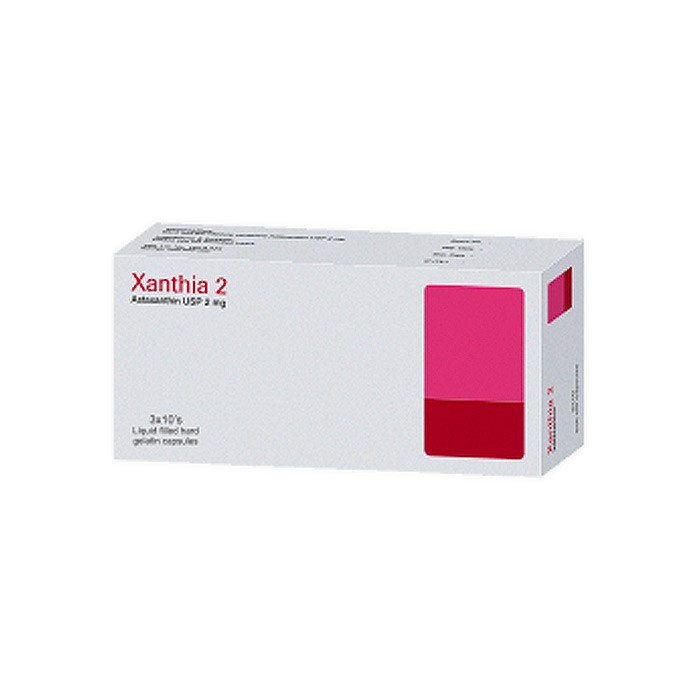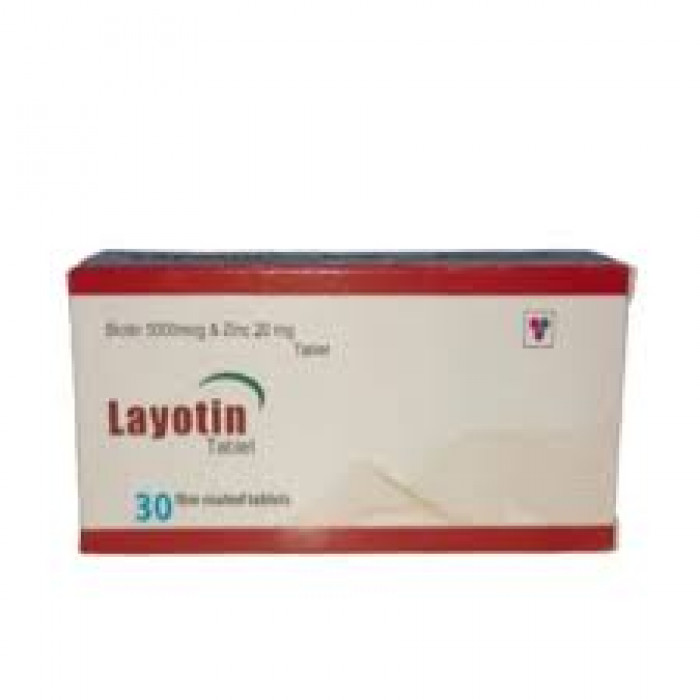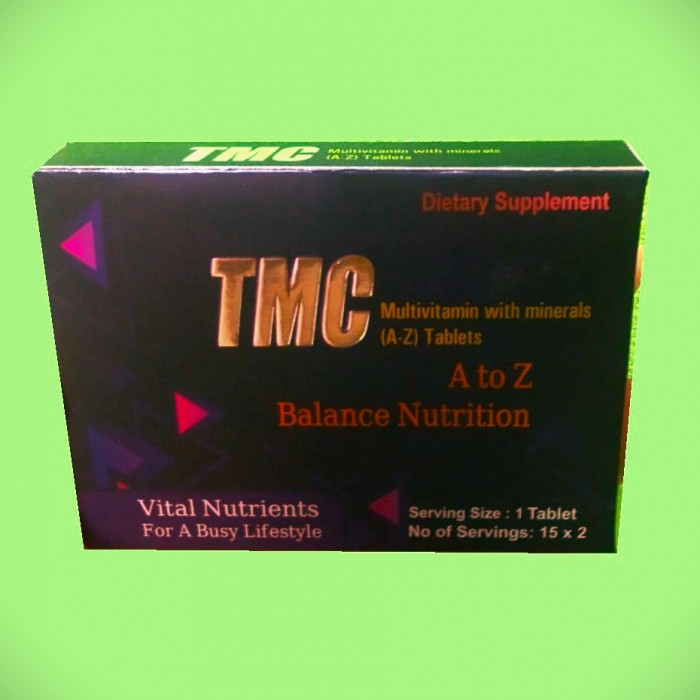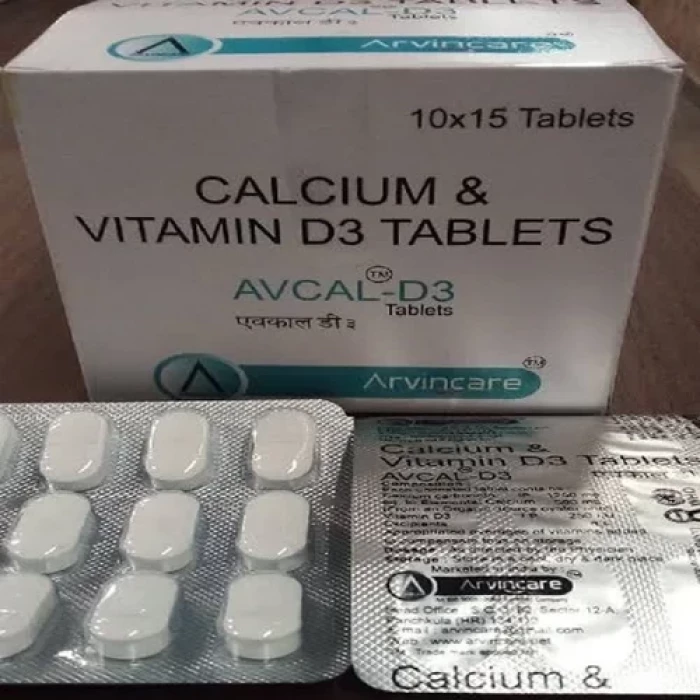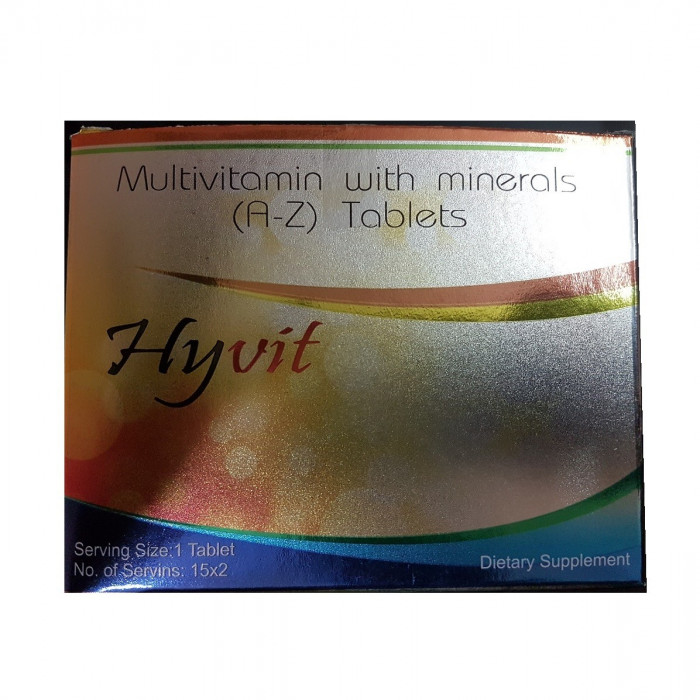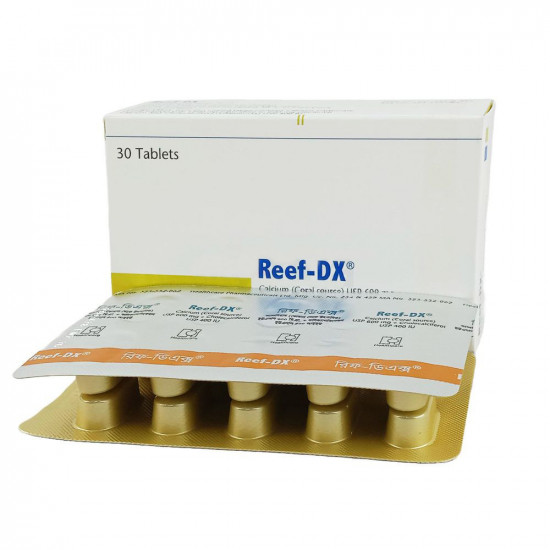
✔ 100% Authentic Product
👁️ Currently Viewing 23
100% Genuine Products, Guaranteed
Safe & Secure Payments, Always
Fast, Secure & Efficient Delivery
Proper Packaging
 Cash on Delivery - All over Bangladesh
Cash on Delivery - All over Bangladesh Regular Delivery - 12-24 Hours, Dhaka City*
Regular Delivery - 12-24 Hours, Dhaka City* Regular Delivery - 24-48 Hours, All Over Bangladesh*
Regular Delivery - 24-48 Hours, All Over Bangladesh* ফ্রি ডেলিভারিঃ - ৯৯৯ টাকা+ অর্ডারে, ঢাকা
শহরে
ফ্রি ডেলিভারিঃ - ৯৯৯ টাকা+ অর্ডারে, ঢাকা
শহরে ফ্রি ডেলিভারিঃ - ২৯৯৯ টাকা+ অর্ডারে, ঢাকার
বাহিরে
ফ্রি ডেলিভারিঃ - ২৯৯৯ টাকা+ অর্ডারে, ঢাকার
বাহিরে
✅ Description:
Interaction
Thiazide diuretics reduce the urinary excretion of calcium. Due to increased risk of hypercalcaemia, serum calcium should be regularly monitored during concomitant use of thiazide diuretics. Systemic corticosteroids reduce calcium absorption. During concomitant use, it may be necessary to increase the dose of calcium tablet. Simultaneous treatment with ion exchange resins such as cholestyramine or laxatives such as paraffin oil may reduce the gastrointestinal absorption of vitamin D. Calcium carbonate may interfere with the absorption of concomitantly administered tetracycline preparations. For this reason, tetracycline preparations should be administered at least two hours before, or four to six hours after, oral intake of calcium. Hypercalcaemia may increase the toxicity of cardiac glycosides during treatment with calcium and vitamin D. Patients should be monitored with regard to electrocardiogram (ECG) and serum calcium levels. If a bisphosphonate or sodium fluoride is used concomitantly, Reef-DX should be administered at least three hours before the intake of calcium tablet since gastrointestinal absorption may be reduced. Oxalic acid (found in spinach and rhubarb) and phytic acid (found in whole cereals) may inhibit calcium absorption through formation of insoluble calcium salts. The patient should not take calcium products within two hours of eating foods high in oxalic acid and phytic acid.
Contraindications
- Hypercalcemia and hyperparathyroidism
- Hypercalciuria and nephrolithiasis
- Hypersensitivity to the component of this preparation
- Severe renal insufficiencies
- Concomitant digoxin therapy (requires careful monitoring of serum Calcium level)
Side Effects
Orally administered Calcium Carbonate may be irritating to the GI tract. It may also cause constipation. Hypercalcemia is rarely produced by administration of Calcium alone but may occur when large doses are given to patients with chronic renal failure. Also there may be allergic reactions, irregular heartbeats, nausea, vomiting, decreased appetite dry mouth and drowsiness. Following administration of Vitamin D Supplements occasion skin rash has been reported.
Pregnancy & Lactation
During pregnancy the daily intake should not exceed 1500 mg calcium and 600 IU cholecalciferol (15 mcg vitamin D). Studies in animals have shown reproductive toxicity with high dose of vitamin D. In pregnant women, overdoses of calcium and vitamin D should be avoided as permanent hypercalcaemia has been related to adverse effects on the developing foetus. There are no indications that vitamin D at therapeutic doses is teratogenic in humans. Elemental Calcium & Vitamin D3 tablet can be used during pregnancy, in case of a calcium and vitamin D deficiency. Elemental Calcium & Vitamin D3 tablet can be used during breast-feeding. Calcium and vitamin D3 pass into breast milk. This should be considered when giving additional vitamin D to the child.
Precautions & Warnings
During long-term treatment, serum calcium levels should be followed and renal function should be monitored through measurement of serum creatinine. Monitoring is especially important in elderly patients on concomitant treatment with cardiac glycosides or diuretics and in patients with a high tendency to calculus formation. In case of hypercalcaemia or signs of impaired renal function, the dose should be reduced or the treatment discontinued. Vitamin D should be used with caution in patients with impairment of renal function and the effect on calcium and phosphate levels should be monitored. The risk of soft tissue calcification should be taken into account. In patients with severe renal insufficiency, vitamin D in the form of cholecalciferol is not metabolised normally and other forms of vitamin D should be used. Elemental Calcium & Vitamin D3 tablet should be prescribed with caution to patients suffering from sarcoidosis because of the risk of increased metabolism of vitamin D to its active metabolite. In these patients, serum calcium levels and urinary calcium excretion must be monitored. Elemental Calcium & Vitamin D3 tablet should be used with caution in immobilised patients with osteoporosis due to the increased risk of hypercalcaemia. The dose of vitamin D in Elemental Calcium & Vitamin D3 tablet should be considered when prescribing other drugs containing vitamin D. Additional doses of calcium or vitamin D should be taken under close medical supervision. In such cases it is necessary to monitor serum calcium levels and urinary calcium excretion frequently.
Overdose Effects
Overdose can lead to hypervitaminosis D and hypercalcaemia. Symptoms of hypercalcaemia may include anorexia, thirst, nausea, vomiting, constipation, abdominal pain, muscle weakness, fatigue, mental disturbances, polydipsia, polyuria, bone pain, nephrocalcinosis, nephrolithiasis and in severe cases, cardiac arrhythmias. Extreme hypercalcaemia may result in coma and death. Persistently high calcium levels may lead to irreversible renal damage and soft tissue calcification. Treatment of hypercalcaemia: The treatment with calcium must be discontinued. Treatment with thiazide diuretics, lithium, vitamin A and cardiac glycosides must also be discontinued. Emptying of the stomach in patients with impaired consciousness. Rehydration, and, according to severity, isolated or combined treatment with loop diuretics, bisphosphonates, calcitonin and corticosteroids. Serum electrolytes, renal function and diuresis must be monitored. In severe cases, ECG and CVP should be followed.
Therapeutic Class
Specific mineral & vitamin combined preparations
Storage Conditions
Store at temperature of below 30°C, protect from light & moisture. Keep out of reach of children.
Common Questions about Reef-DX 600 mg+400 IU Tablet
What is Reef-DX 600 mg+400 IU Tablet?
Reef-DX 600 mg+400 IU Tablet is a combination of calcium carbonate and vitamin D3. It is used to prevent and treat calcium and vitamin D deficiency. Calcium is important for building and maintaining strong bones and teeth. Vitamin D helps the body absorb calcium.
What are the benefits of taking Reef-DX 600 mg+400 IU Tablet?
The benefits of taking Reef-DX 600 mg+400 IU Tablet include:
- Prevention and treatment of calcium and vitamin D deficiency
- Prevention of osteoporosis
- Treatment of rickets
- Treatment of osteomalacia
- Improvement of bone health in the elderly
Who should not take the Reef-DX 600 mg+400 IU Tablet?
People with these issues shouldn’t take Reef-DX 600 mg+400 IU Tablet-
- High level of calcium or vitamin D in the blood.
- Kidney stones.
- Sarcoidosis
- Allergic to ingredients in Coralcal D.
What are the side effects of Reef-DX 600 mg+400 IU Tablet?
The most common side effects of Reef-DX 600 mg+400 IU Tablet are- Constipation, Nausea, Vomiting, Diarrhea, Headache, Drowsiness, and Dry mouth.
How should I take Reef-DX 600 mg+400 IU Tablet?
Reef-DX 600 mg+400 IU Tablet should be taken with food. The usual dose is one tablet per day. However, the dosage may vary depending on your individual needs. Talk to your doctor about the best dosage for you.
What are the precautions for taking Reef-DX 600 mg+400 IU Tablet?
You shouldn't take Reef-DX 600 mg+400 IU Tablet if:
- you are pregnant or breastfeeding,
- you have high levels of calcium or vitamin D in your blood,
- you have kidney stones,
- and you are allergic to any of the medicine’s ingredients.
⚠️Disclaimer:
At ePharma, we’re committed to providing accurate and accessible health information. However, all content is intended for informational purposes only and should not replace medical advice from a qualified physician. Please consult your healthcare provider for personalized guidance. We aim to support, not substitute, the doctor-patient relationship.






